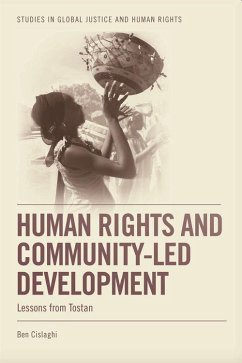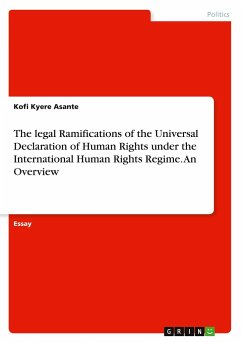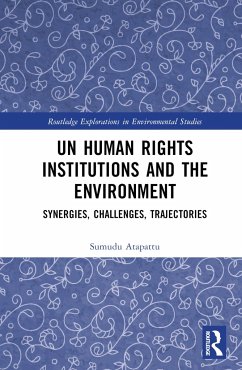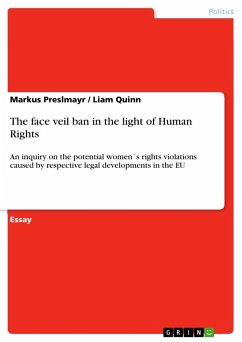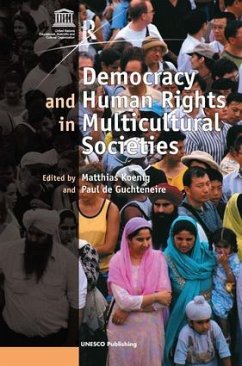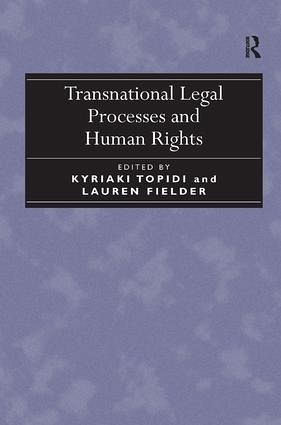
Transnational Legal Processes and Human Rights
Versandkostenfrei!
Versandfertig in 1-2 Wochen
177,99 €
inkl. MwSt.
Weitere Ausgaben:

PAYBACK Punkte
89 °P sammeln!
Examining legal approaches to cultural differences from a comparative perspective and across a wide range of locations, this book investigates how the construction and evolution of human rights norms are transferred in transnational legal settings and asks whether law should reflect, express or control any given aspect of culture. The chapters explore the ways that law and cultural identity may or may not co-exist, particularly in circumstances where a prima facie clash is observed, and covers topics such as juvenile punishment, religious defamation, religious rights and conflict between indus...
Examining legal approaches to cultural differences from a comparative perspective and across a wide range of locations, this book investigates how the construction and evolution of human rights norms are transferred in transnational legal settings and asks whether law should reflect, express or control any given aspect of culture. The chapters explore the ways that law and cultural identity may or may not co-exist, particularly in circumstances where a prima facie clash is observed, and covers topics such as juvenile punishment, religious defamation, religious rights and conflict between industry and indigenous communities.








